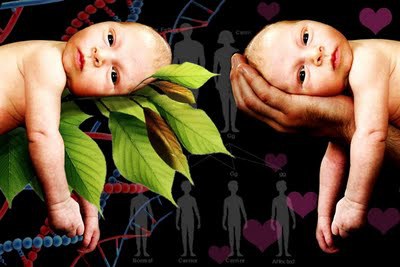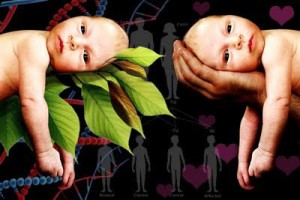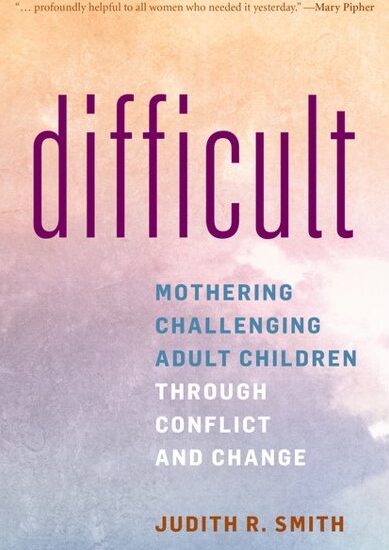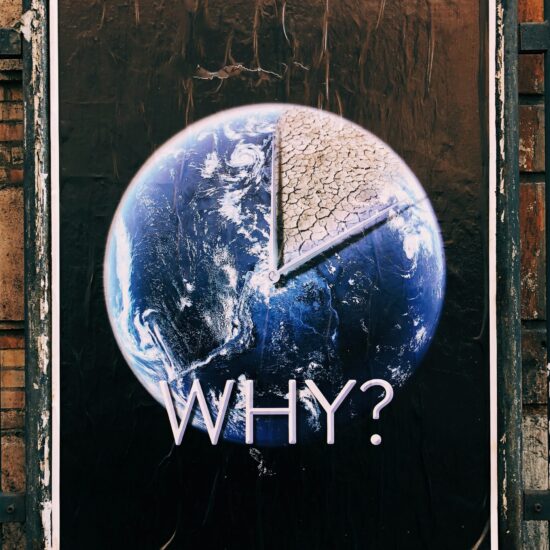
Meg Daley Olmert is a Senior Fellow at the Center and the author of, Made For Each Other, The Biology of the Human Animal Bond. This is the first book to explain the brain chemistry that flows through—and between—all mammals forging powerful social bonds between the species.
A couple of weeks ago the NIH launched a new public symposium series called OPPNET that will bring together NIH-funded researchers from a wide variety of disciplines to explore a new and long-overdue holistic perspective on basic scientific research. It was highly appropriate that the first seminar would examine the subject of the mother-infant bond, because we now know what happens to mother affects her baby in ways that not only decide its fate, but can leave a genetic imprint that can last for generations to come. This nature-nurture effect is called “epi-gentics” and it is a game-changer for science and public health policy too.
The three researchers presenting at this meeting looked at the powerful epigenetic forces manipulated by early child care. NIH primatologist, Steve Suomi has been studying the genetic, neurochemical and behavioral effects of maternal care in monkeys for over 30 years. He’s shown that without a secure, nurturing mother, young monkeys cannot achieve competent social or cognitive development. He also found that fearful, aggressive young monkeys tend to have a shorter version of a serotonin gene than more confident, gregarious monkeys. But most interestingly, when monkeys with this genetic and anti-social genetic predisposition were raised by attentive protective mothers, they matured into confident, cooperative members of the troop.
Megan Gunnar, a professor at University of Minnesota’s Institute for Child Development has seen parental relationships create similar regulatory effects on the neurochemical stress systems of human children. She has shown that sensitive, responsible adoptive parenting can lower even the most disturbed stress systems and behaviors of severely neglected children reared in Romanian orphanages.
This triumph of nurture over nature and neglect is heartening and extremely timely in light of findings of the decade-long “Fragile Families Project.” Jeanne Brooks-Gunn of Columbia University presented extremely disturbing evidence that way too many new parents are failing to provide their children with the nurturance they need to thrive. Brooks-Gunn and her colleagues have been tracking 5,000 children born to unwed parents between 1998-2000. Three quarters of the mothers tended to be in their teens, be poor, with little education, and (here’s that epigenetic link) raised by a single parent themselves. The majority of unwed fathers, though supportive or present at the baby’s birth, drifted away by the time the child turned five.
It’s never been easy for a woman to raise a child alone, but when the Great Recession hit in 2008, Brooks-Gunn’s team witnessed how stress genes react to a major environmental stressor. The single mothers with a TT or TC allele pattern for the dopamine gene showed an increase stress and harsh maternal behavior under the mounting financial pressure. However, single mothers with this same gene profile, but with at least16 years of education, were significantly less likely to show the same maternal stress or harsh reactivity towards their children.
But the growing trend of poor and poorly educated single mothers in the United States means more mothers unable to cope socially, financially, behaviorally, or genetically in these most dangerous financial times. They are also unable to provide the sense of safety or stability that can help children direct their nervous legacy into productive energy. This trend, the researchers say, is resulting in a society with “diverging destinies.” But we are social mammals and social mammals cannot survive such social rending. We are all about connection. Our behavior is our health and our destiny. For social mammals all health is public health.









